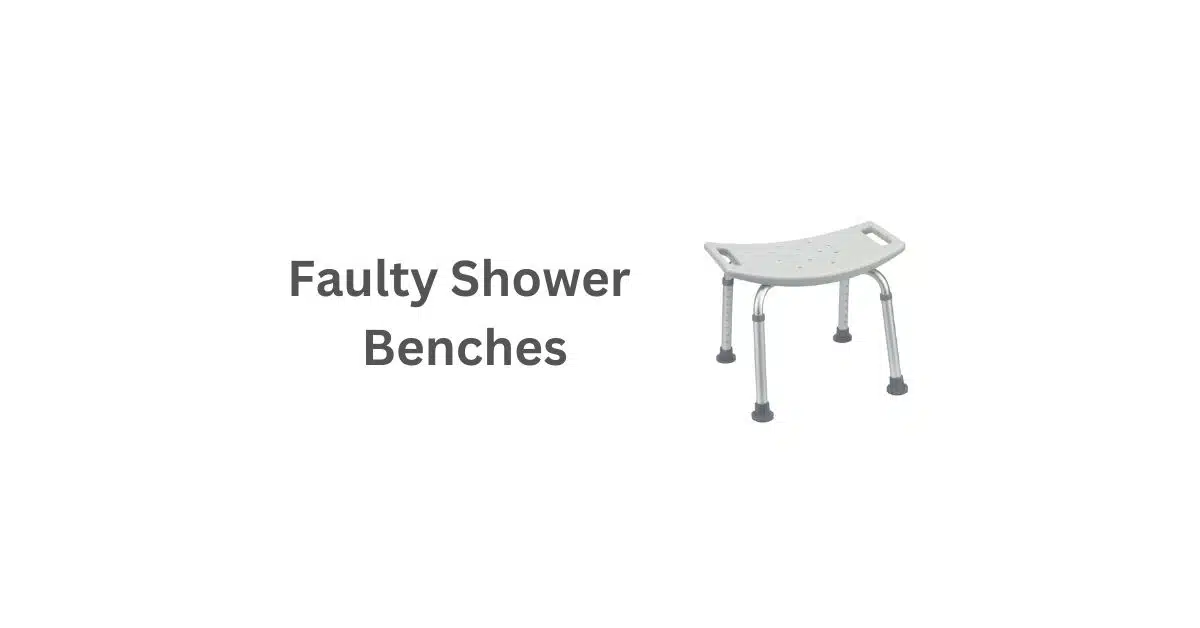
How to Seek Legal Help for Work-Related Injuries: Your Comprehensive Guide
Blog Construction Injuries Personal Injury Work Related InjuriesWork-related injuries are unfortunately common and can have significant impacts on an employee’s physical, psychological, and financial well-being. According to estimates from the 2022 SOII, Texas private industry employers reported 178,800 total recordable nonfatal cases for 2022. This represents an incidence rate of 1.9 cases per 100 equivalent full-timeworkers. Understanding how to handle these injuries and seek appropriate legal help is crucial. This guide provides comprehensive information on the various aspects of work-related injuries and the steps to protect your rights.
Work-related injuries can be life-changing, affecting your ability to work and overall quality of life. Knowing how to address these injuries, report them correctly, and seek legal help can significantly affect your recovery and compensation. If you need help, we are here to for you. Our firm has successfully helped people from the Rio Grande Valley and across Texas who suffered work-related injuries. Get help now.
What Are Work-Related Injuries?
Work-related injuries encompass any harm or illness that occurs due to job-related activities. These can include physical injuries from accidents, psychological injuries from stress, or occupational diseases developed over time.
Common Types of Work-Related Injuries
Understanding the types of work-related injuries can help in recognizing and properly reporting them.
Physical Injuries at Work
Physical injuries are the most visible type of work-related injuries and include:
- Sprains and strains
- Fractures and broken bones
- Burns and cuts
- Repetitive strain injuries
Psychological Injuries at Work
Psychological injuries can be just as debilitating as physical injuries and may include:
- Work-related stress
- Anxiety disorders
- Depression
- Post-traumatic stress disorder (PTSD)
Occupational Diseases
Occupational diseases develop due to prolonged exposure to hazardous conditions or substances at work, such as:
- Respiratory conditions (e.g., asthma, silicosis)
- Skin disorders (e.g., dermatitis)
- Hearing loss
Immediate Steps to Take After an Injury
If you experience a work-related injury, take the following steps immediately:
- Report the Injury: Notify your supervisor or employer as soon as possible.
- Seek Medical Attention: Get medical help to ensure proper diagnosis and treatment.
- Document the Injury: Keep detailed records of the incident, including medical reports and witness statements.
Importance of Reporting Work-Related Injuries
Reporting injuries promptly is crucial for both legal and health reasons. It ensures that there is an official record, which is essential for claiming workers’ compensation and other benefits.
Documenting Your Injury
Accurate documentation is key to a successful workers’ compensation claim. Ensure you have:
- Medical records and doctor’s notes
- Witness statements
- Incident reports filed with your employer
Understanding Workers’ Compensation
Workers’ compensation is designed to provide financial assistance and medical care to employees injured on the job. Key points include:
- Eligibility: Most employees are eligible, but specific criteria vary by jurisdiction.
- Benefits: Coverage typically includes medical expenses, lost wages, and rehabilitation costs.
- Filing a Claim: The process involves submitting detailed information about the injury and treatment.
Challenges in Workers’ Compensation Claims
Despite the availability of workers’ compensation, claims can face obstacles such as:
- Denials: Claims may be denied for various reasons, including lack of evidence.
- Delays: Processing times can be lengthy, delaying benefits.
- Insufficient Benefits: Sometimes, the compensation awarded may not cover all expenses.
How to Appeal a Denied Workers’ Compensation Claim
If your claim is denied, you can appeal the decision. Steps include:
- Review the Denial: Understand the reasons for denial.
- Gather Evidence: Collect additional documentation and evidence.
- File an Appeal: Submit an appeal with the appropriate agency or court.
Finding the Right Legal Help
Choosing the right lawyer can make a significant difference in the outcome of your case. Consider:
- Types of Lawyers: Seek lawyers specializing in workers’ compensation and personal injury.
- Experience and Expertise: Look for attorneys with a proven track record in similar cases.
Questions to Ask a Workers’ Compensation Lawyer
Before hiring a lawyer, ask questions such as:
- What is your experience with workers’ compensation cases?
- How do you charge for your services?
- What is your success rate in these cases?
The Role of a Workers’ Compensation Lawyer
A workers’ compensation lawyer can help by:
- Representation: Representing you in negotiations and court.
- Negotiation: Negotiating with insurance companies for fair compensation.
- Court Appearances: Advocating on your behalf in legal proceedings.
Legal Rights of Injured Workers
Injured workers have several rights, including:
- Job Protection: Protection from retaliation for filing a claim.
- Disability Benefits: Access to benefits if the injury results in a long-term disability.
When to Consider a Personal Injury Lawsuit
In some cases, a personal injury lawsuit may be appropriate, especially if:
- The injury was caused by a third party.
- The workers’ compensation benefits are insufficient.
How to File a Personal Injury Lawsuit
Filing a lawsuit involves:
- Steps: Filing a complaint, serving the defendant, and presenting your case.
- Timeline: Understanding the statute of limitations and legal timelines.
- Required Documentation: Providing detailed evidence and documentation.
Potential Outcomes of Legal Action
Legal actions can result in:
- Settlements: Agreements reached out of court.
- Court Decisions: Judgments made by a judge or jury.
- Compensation Amounts: Varying amounts based on the severity of the injury and impact.
Tips for Preventing Work-Related Injuries
Prevention is better than cure. Tips include:
- Safety Training: Regular training sessions on safety protocols.
- Proper Equipment: Using appropriate safety gear and equipment.
- Regular Breaks: Ensuring employees take breaks to avoid fatigue.
Conclusion
Work-related injuries can have profound impacts, but knowing your rights and the steps to take can help you navigate the challenges. Seeking legal help is crucial to ensure fair compensation and recovery.
FAQs
What should I do immediately after a work-related injury?
- Report the injury, seek medical attention, and document everything.
How long do I have to file a workers’ compensation claim?
- It varies by jurisdiction, but typically, you should file as soon as possible.
What if my workers’ compensation claim is denied?
- You can appeal the decision by reviewing the denial, gathering additional evidence, and filing an appeal.
Do I need a lawyer for a workers’ compensation claim?
- While only sometimes required, a lawyer can help navigate complex claims and improve your chances of success.
Can I file a personal injury lawsuit if I receive workers’ compensation?
- Yes, especially if a third party is responsible for your injury.
What are my legal rights if I get injured at work?
- You have the right to file a claim, receive benefits, and be protected from retaliation.



